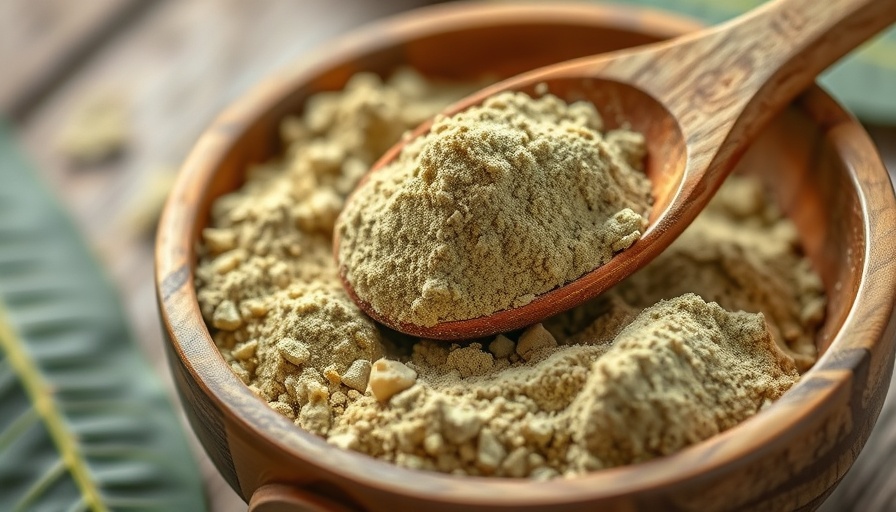
Understanding Moringa: The Controversy Over Its Benefits
Moringa oleifera, often hailed as a superfood packed with nutrients, has gained a lot of attention in recent years for its purported health benefits. However, a closer look at the science suggests a different story. Despite the widespread belief in its effectiveness, many experts remain cautious about endorsing moringa leaf powder due to limited research compared to other well-studied supplements.
Health Claims vs. Scientific Evidence
While it’s clear that moringa could have some potential benefits, such as improving blood sugar control, the number of substantial studies supporting this claim falls short. For instance, while some research indicates that moringa may help dampen blood sugar spikes when consumed with food, the overall evidence does not convincingly establish it as a must-have in a health regimen. It's worth noting that more than ten thousand studies exist on green tea and garlic, highlighting the discrepancy in scientific exploration between these foods and moringa.
Studies Show Mixed Results
Research indicates that a tablespoon of moringa daily may lead to improvements in blood sugar levels and cholesterol, yet a more rigorous placebo-controlled study revealed no significant benefits in blood sugar management for diabetics. The message is clear: while there are some promising aspects, the science does not compel anyone to universally recommend moringa leaf powder.
Safety Concerns for Pregnant and Nursing Women
Beyond its efficacy, safety concerns arise with moringa. Notably, the plant has been linked to potential risks during pregnancy, as it's traditionally used in some cultures to induce abortions. Even though moringa may encourage milk production in nursing mothers, the risks involved warrant caution.
The Lesson: Consider the Whole Picture
The discussion around moringa illustrates the importance of critical evaluation of so-called health trends. When exploring new supplements, individuals should weigh the available research, consider safety issues, and consult healthcare professionals. Unlike widely recognized supplements, moringa's benefits are not conclusively established.
An Optimistic Look at Nutrition
This isn’t to say that individuals should shun supplements. Instead, this should inspire a broader approach to nutrition: seek variety, aim for balance, and focus on whole foods. Moringa is just one option among many—while it may not be necessary, ensuring a well-rounded diet rich in fruits, vegetables, and whole grains can provide essential nutrients without the uncertainties that come with newer supplements.
Final Thoughts on Supplement Usage
Before making changes to your diet or supplement routines, it’s important to consult with a qualified professional. The knowledge gained from studying moringa can help guide consumers toward understanding more about supplement safety and efficacy, ultimately leading to healthier lifestyle choices.
 Add Row
Add Row  Add
Add 




Write A Comment